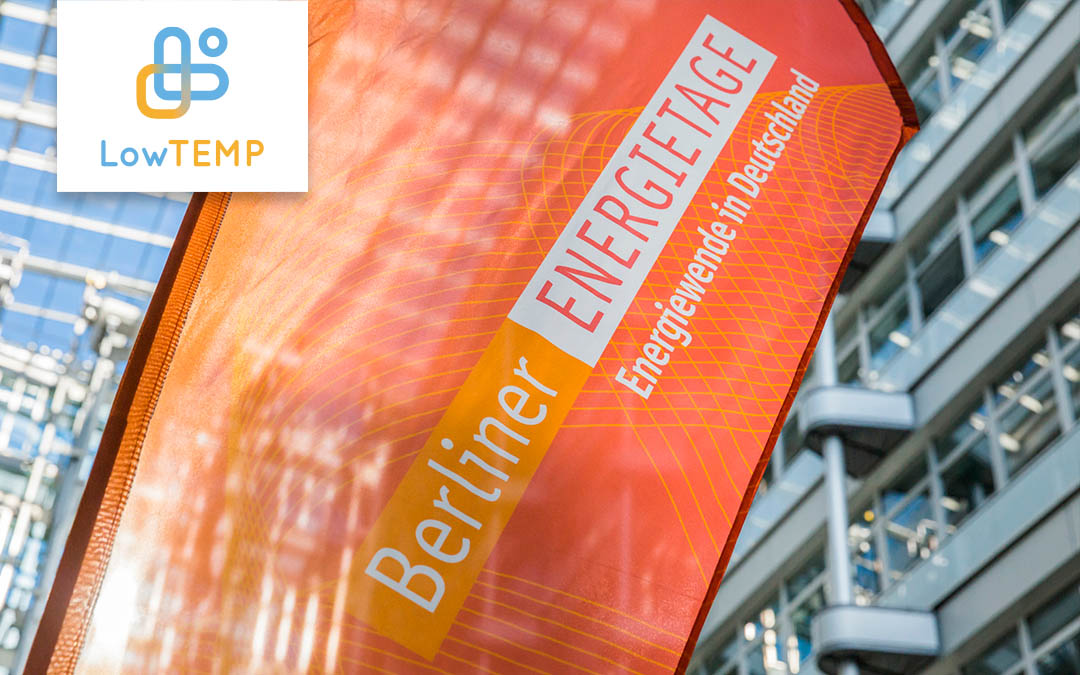Between April 21 and 23 and from April 28 to 30, around 300 experts from the energy, construction, housing, climate protection and environmental sectors will be exchanging ideas at the leading event for the energy transition and climate protection. A look at the list of speakers shows just how important the Berlin Energy Days have become under this year’s motto “controversial – constructive – climate-friendly”. Four federal ministers will be speaking to and with the largest energy transition community in the DACH region. In addition to Federal Environment Minister Svenja Schulze and Federal Minister for Family Affairs Franziska Giffey, Federal Economics Minister Peter Altmaier and Federal Finance Minister Olaf Scholz have also announced their attendance.
aconium GmbH is participating in the official innovation catalogue, the journal of this year’s Energy Days, with a report on sustainable district heating networks. Since our foundation in 2007, we have seen it as one of our core tasks to make a contribution to the energy transition and promote the use of renewable energies. In a large number of cooperation and consultancy projects, often with a European focus, we develop strategies together with our partners to increase energy efficiency in municipalities and regions and achieve climate protection targets. Our many years of experience in this area are reflected in the “LowTEMP – low-temperature district heating for the Baltic Sea region” project, which is presented in the Journal on page 17.
In order to achieve climate protection targets and increase energy efficiency in municipalities and regions, the focus has increasingly shifted to sustainable heat supply in recent years. With a share of over 50 percent of primary energy consumption, the heating industry has a key role to play in the energy transition. At the same time, the heating sector is undergoing a significant process of change. Key issues here are the conversion of heat generation, the comprehensive integration of renewable energies and waste heat as well as the renewal of systems and infrastructure.
Sustainable expansion of district heating in particular offers potential for savings. However, at around ten percent, district heating currently has a rather small share of the heating market in Germany, with only the two city states of Berlin and Hamburg accounting for more than 30 percent. District heating is particularly useful in densely populated areas. Sustainable heating networks of the so-called fourth generation should be used first and foremost.
How can cities and regions be supported in the sustainable expansion of heat supply? aconium has addressed this issue in the project “LowTEMP – Low-temperature district heating for the Baltic Sea region”, which it developed and coordinated. 19 partner organisations from nine countries developed strategies and tools for the planning, financing, installation and management of low-temperature district heating systems. Pilot projects were also implemented in the partner countries. The project results, particularly in the area of capacity building and knowledge transfer, are currently being further elaborated as part of a follow-up project. By the end of 2021, training materials on sustainable district heating will be available in all partner countries in the respective national language. aconium will also develop e-learning courses and make them available to the public. Our aim is to support the expansion of new sustainable district heating networks in order to continue to make a contribution to the heat and energy transition. Further information can be found on the LowTEMP project website.


